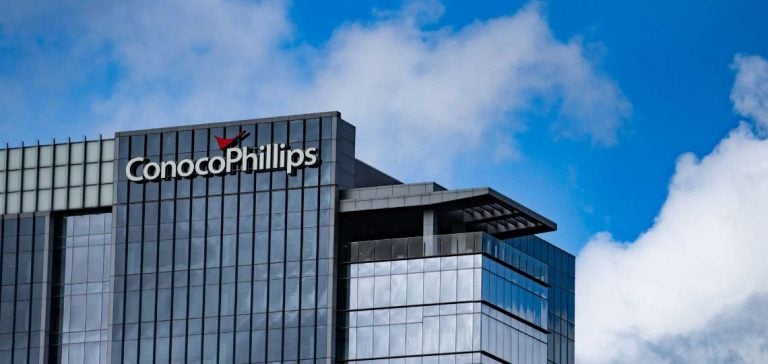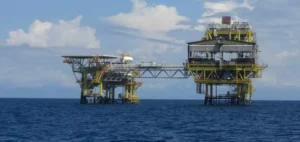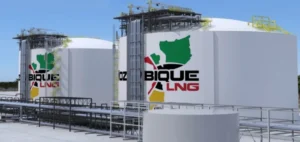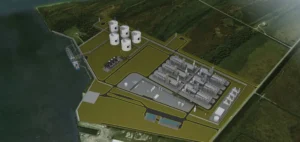Germany’s state-owned company SEFE (Securing Energy for Europe) has announced the conclusion of a natural gas supply contract with the U.S. company ConocoPhillips. This agreement, spanning over ten years, includes the delivery of up to 9 billion cubic meters (Bcm) of gas from ConocoPhillips’ European portfolio, according to a statement released on October 23.
This business partnership marks a significant milestone in SEFE’s efforts to diversify its gas supply sources, a crucial endeavor since the sharp reduction of Russian gas deliveries following the invasion of Ukraine. Frederic Barnaud, Chief Commercial Officer of SEFE, stated that this agreement reinforces the company’s commitment to securing Europe’s energy supply while balancing the needs of its customers.
ConocoPhillips’ European portfolio
ConocoPhillips, a major energy player, holds a vast portfolio in Europe, notably thanks to Norwegian gas production and liquefied natural gas (LNG) imports. This contract with SEFE is part of a series of strategic business partnerships recently concluded by the U.S. company to strengthen its position in the European gas market.
Additionally, SEFE, which manages around 20 billion cubic meters of gas annually for its European customers, strives to expand its supply sources through diversified partnerships, including agreements with producers in Norway, the Middle East, and the United States.
Geopolitical and energy context
Germany was one of the European countries most affected by the suspension of gas deliveries via Russian pipelines, particularly with the shutdown of Nord Stream in 2022. To compensate for these disruptions, the country has heavily turned towards LNG, multiplying investments in import infrastructure, including several floating storage and regasification units.
The agreement with ConocoPhillips follows a series of similar business partnerships signed by SEFE in recent years, including a major partnership with Norway’s Equinor and a 20-year agreement with Venture Global LNG in the United States for LNG imports starting in 2026.
Impacts on the European gas market
LNG prices on the European market remain high, reflecting the persistent uncertainty around energy supply and the transition to alternative energy sources. According to data from S&P Global, the Northwest European LNG marker was priced at $12.81 per million British Thermal Units (MMBtu) on October 22, reflecting current market tensions.
ConocoPhillips, which has also secured long-term import capacities in terminals in Belgium and the Netherlands, continues to assert its presence in Europe. These new capacities will complement the deliveries planned to SEFE and other European customers in the coming years, strengthening transatlantic energy market integration.






















